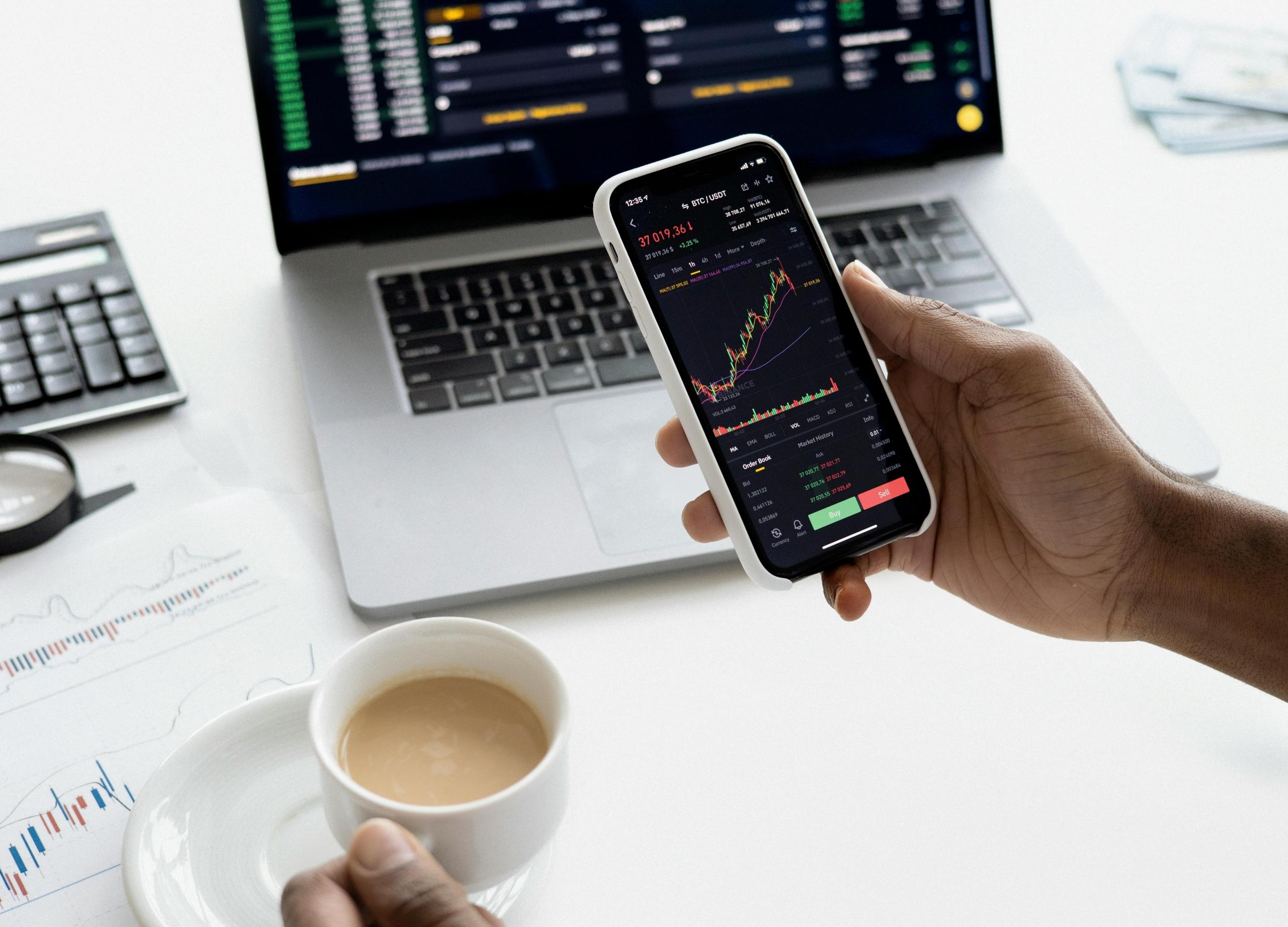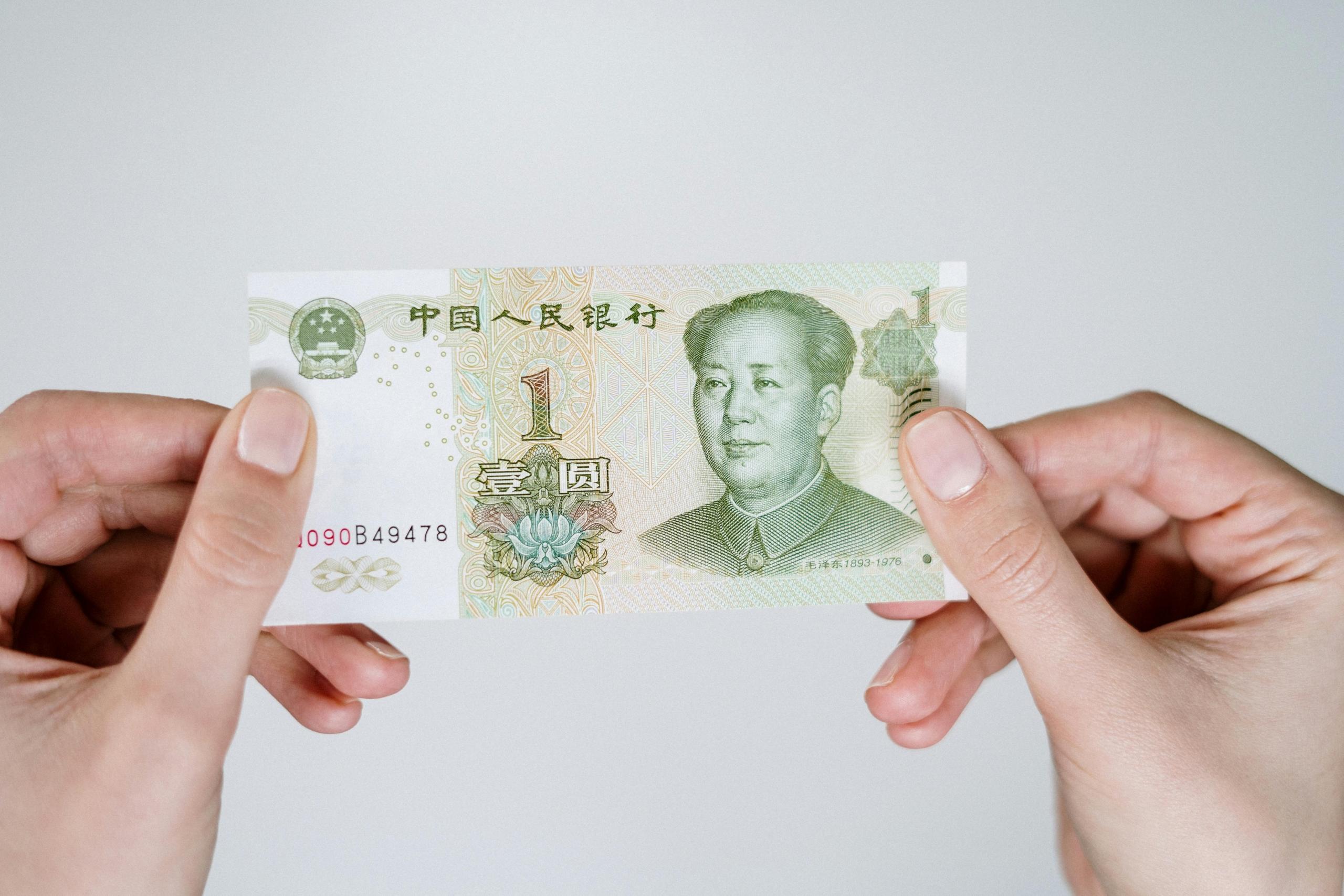What's it All About?
In this article, we will discuss:
- The petroyuan and why it matters.
- What is the petroyuan?
- How trade agreements function.
- The origins and establishment of trade conventions and standards.
- The role of the petroyuan within the current trade frameworks.
- What the future of international trade may hold.
Some argue that love makes the world go round, while others insist it's money that truly keeps the world spinning. Regardless of the viewpoint, this idiom highlights something essential to the functioning of our world.
Throughout much of recorded human history, economics has been defined by disparities between the haves and the have-nots. Wealthier, more influential nations often exploited lands and subjected less economically potent populations.
However, we find ourselves at a unique juncture characterised by dual economic power: two countries boasting roughly equivalent economies.
Historically, such circumstances might have led to conflict, but current indicators suggest a different trajectory. Fortunately, innovation and development appear to be on the horizon as we transcend archaic power structures and monetary systems. Regions of the world previously lacking equal footing in global economic affairs are inching closer to competitiveness.
The catalyst for much of this transformation is the Chinese currency, known as the yuan or renminbi (RMB), which translates to "people's currency."
The spotlight has recently shone brightly on the petroyuan due to a groundbreaking oil trade deal negotiated by Chinese President Xi Jinping with Saudi Arabia.
This deal involves the payment for petroleum exports in yuan, begging the question are we entering the age of the petroyuan?
So, are we entering the age of the petroyuan? Keep reading to find out.
Until recently, terms like "petrodollar" and the Chinese currency's name were unfamiliar to many. Now people everywhere want to know the petroyuan matters.

How Oil and Everything Else is Traded
When we go shopping, we typically hand over cash and use our bank cards or mobile apps to complete the transaction. This process is straightforward and common because of the common currency and banking systems shared by local shopkeepers. Without this commonality, day-to-day trading would be very complicated.
This simplicity becomes much more complex when it comes to international oil trade. The global oil trade plays a pivotal role in the world economy, contributing approximately three per cent to the global gross domestic product (GDP). However, oil is a limited resource, located in specific regions of the world and it is expensive to extract.
In addition, geopolitical tensions, such as ongoing conflicts, can have a substantial impact on both oil supply and its price.
To facilitate negotiations in the oil trade and establish a reliable payment system, global powers convened in the United States in 1944 for the Bretton Woods Conference. This 21-day summit led to the creation of institutions like the World Bank and the International Monetary Fund (IMF). Here, it was unanimously agreed that the US dollar would serve as the world's primary currency due to the robust economy of the United States at that time.
For the purposes of this article, it is worth noting that the United States gained significant control over the global economy after the conference. The World Bank and IMF established their headquarters in New York City, with American leaders at the helm, and the US dollar became the dominant global currency. In addition, a private US bank revealed its plans to develop an international trade payment network.
By the late 1960s, concerns arose among global powers about the extent of US dominance with regard to the global economy. In response, in 1973, the CEO of a Swedish bank collaborated with tech companies to create the Swift system, headquartered in Belgium. This network essentially functions as a telegraph system that is able to transfer funds across borders. Over time, Swift became the standard for concluding international trade, and nearly everyone began conducting transactions in US dollars.
Looking at Petrodollars to Answer What is Petroyuan

The Swift network is capable of handling transactions in various currencies, but for a long time, the world predominantly used US dollars for purchasing commodities, especially oil. In fact, until recently, Saudi Arabia, a major oil exporter, insisted on exclusively accepting US dollars for their oil sales. Consequently, nations dependent on oil imports were compelled to maintain reserves in US dollars to facilitate their oil transactions.
In asking what is petroyuan, one needs to understand petrodollars.
The petrodollar isn't a distinct form of the US currency; they are essentially regular dollars used for acquiring petroleum and various commodities such as agricultural products and metals, particularly gold.
Petrodollars play an essential role in sustaining the global economy and also serve as a foundation for the strength of the US economy. The fact that other countries hold US dollars as a reserve currency further bolsters the economic prowess of the United States.
Despite outward appearances, there are concerns about the stability of the US dollar. The 2008 global financial crisis spurred substantial discussions regarding the reform of the international monetary system. The US has employed sanctions against "non-compliant" nations like Russia and North Korea, giving the impression that they are weaponising economic instruments. World leaders are anxious about the excessive influence that the US wields over the global economy and are taking measures to mitigate the associated risks.
In 1977, approximately four years after the Swift system conducted its inaugural transaction, the US dollar accounted for roughly 85% of the world's reserve currencies. Today, this figure hovers around 59%. Nevertheless, the world is not yet prepared to completely relinquish the US dollar, as the geopolitical and economic consequences of switching to an alternative currency are deemed too substantial for a rapid transition.
So, are we entering the age of the petroyuan?
More about that below, but in any event, it appears that completely discarding the dollar is not a priority for any nation for the foreseeable future.
Making Room for Chinese Currency
To understand the petroyuan and why it matters, one needs to understand the history of the Chinese currency.
Over the past three and a half decades, China has achieved what some describe as an extraordinary economic transformation.
Rarely has a country risen from poverty to attain the status of an economic superpower at such a remarkable pace and this is why the petroyuan matters.
This isn't to suggest that China's journey was devoid of mistakes, but the speed and determination with which it developed its economy are truly remarkable. Today, the Chinese economy surpasses that of the United States.
In 2013, China initiated its Belt and Road Initiative (BRI), a comprehensive global economic development strategy. The BRI's primary objective is to construct infrastructure in economically disadvantaged regions, enabling them to access global markets. Over the past decade, Chinese teams have constructed railways, ports, hospitals, and schools, primarily in regions of the global south. As Chinese businesses establish partnerships with these nations, more Chinese yuan are introduced into the global financial system.

Nevertheless, there remains a shortage of yuan within the global financial network. Some countries are hesitant to adopt a second reserve currency, while wealthier nations aligned with the United States may fear potential economic sanctions if they appear to be aligning themselves with China. Even so, recent developments suggest a shifting landscape.
In December 2022, Chinese President Xi Jinping held discussions with the Gulf Cooperation Council (GCC), comprising six of the world's largest oil-producing states. The meeting concluded with Saudi Arabia announcing its acceptance of Chinese yuan as payment for its oil ventures. In return, President Xi pledged to support various BRI projects.
While it might appear as though China is attempting to challenge the dominance of the petrodollar and disrupt the existing global economic order, it's difficult to speculate about President Xi's precise intentions when it comes to the petroyuan.
More likely, his focus is on forging new economic avenues. He has consistently demonstrated his commitment through both words and actions over the years, and today, more world leaders appear to align with China's offerings and vision.
What is the Petroyuan, Petrodollar and Global Trade Link?
Revolutions are invariably challenging, even when they are urgently needed, and everyone is united in pursuit of a shared goal. Perhaps the reason so many are asking ‘are we entering the age of petroyuan’ has something to do with the fact that the world has adhered to the same economic framework for nearly 80 years.
Taking a broader perspective, commerce, trade, and markets have largely followed the same patterns throughout history, with only the tools evolving. Now, we stand on the cusp of a substantial overhaul of economic standards and this is why the petroyuan matters.
Trade, at its core, has always involved the exchange of items of roughly equal value. As societies increasingly relied on money and currency, marketplaces and the global landscape became more unequal. Global powers have employed economic sanctions against nations whose political stances diverge from their own for many decades. Furthermore, new and innovative methods of crippling economies have emerged.
Designating one nation's currency as the world's reserve currency means that there is an outsized influence of that country in global economic affairs, granting it undue power. Both historical records and current events demonstrate that this does not necessarily serve global interests. However, it would be impractical for every bank to maintain reserves in every world currency.
Forward-thinking financial experts are exploring the idea of eliminating reserve currencies altogether and granting every nation a stake in global markets. This is possible with present-day technologies that enable the creation of a decentralised accounting system operating on a global digital currency. Instead of hoarding foreign currency reserves, each country would exchange its native currency for digital currency at a globally standardised rate.
So, what is petroyuan and its impact?
Analysts say that with such a promising economic future in sight, the reign of the petrodollar and petroyuan may prove short-lived. Our global financial prospects are aimed at levelling the economic playing field while maintaining a check on the power of every participant.
Summarise with AI:















